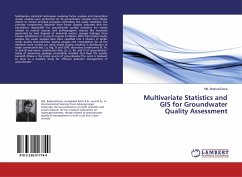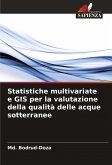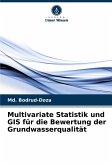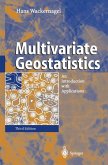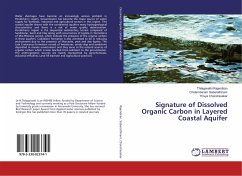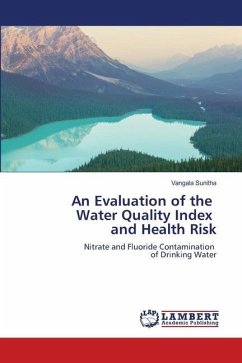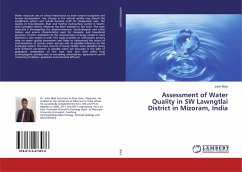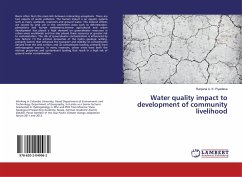Multivariate statistical techniques involving factor analysis and hierarchical cluster analysis were performed on 45 groundwater samples from Dhaka district to extract principal processes controlling the water chemistry. The principle components obtained from factor analysis indicated that the parameters responsible for groundwater quality variations are mainly related to natural sources and anthropogenic sources like leachates generated by land disposal of industrial wastes, sewage leakages from human settlements or to use of organic fertilizers. With hierarchical cluster analysis the water samples have been classified into 3 clusters of similar water quality characteristics. Spatial analysis and interpolation for all the elements were carried out using simple kriging resulting in distribution of major constituents (Na, Ca, Mg, Si and SO4), secondary constituents (K, Fe, Sr and B) and minor constituents (Mn, Zn, Li, Ba, and P) of groundwater. Study of subsurface geology successfully revealed that Dupi Tila aquifer beneath Dhaka is the prime source of groundwater.This work is believed to serve as a baseline study for effective pollution management of groundwater.
Bitte wählen Sie Ihr Anliegen aus.
Rechnungen
Retourenschein anfordern
Bestellstatus
Storno

